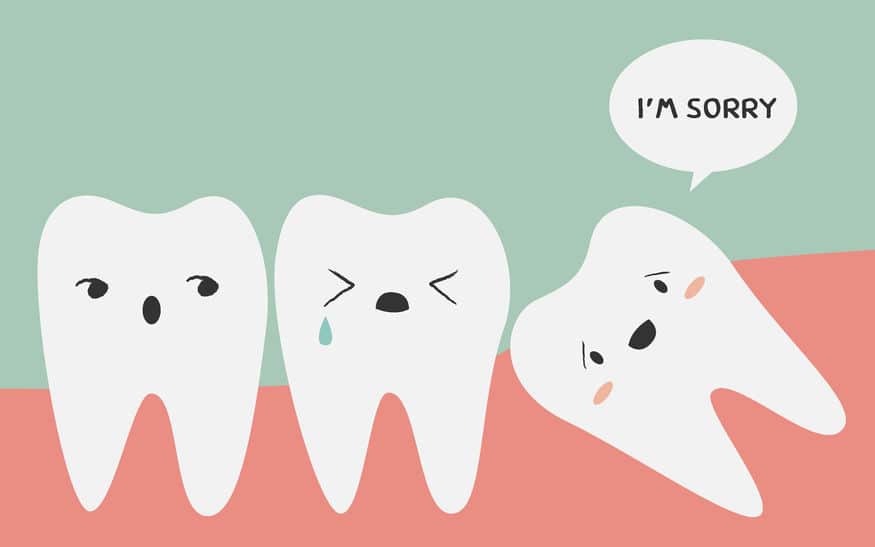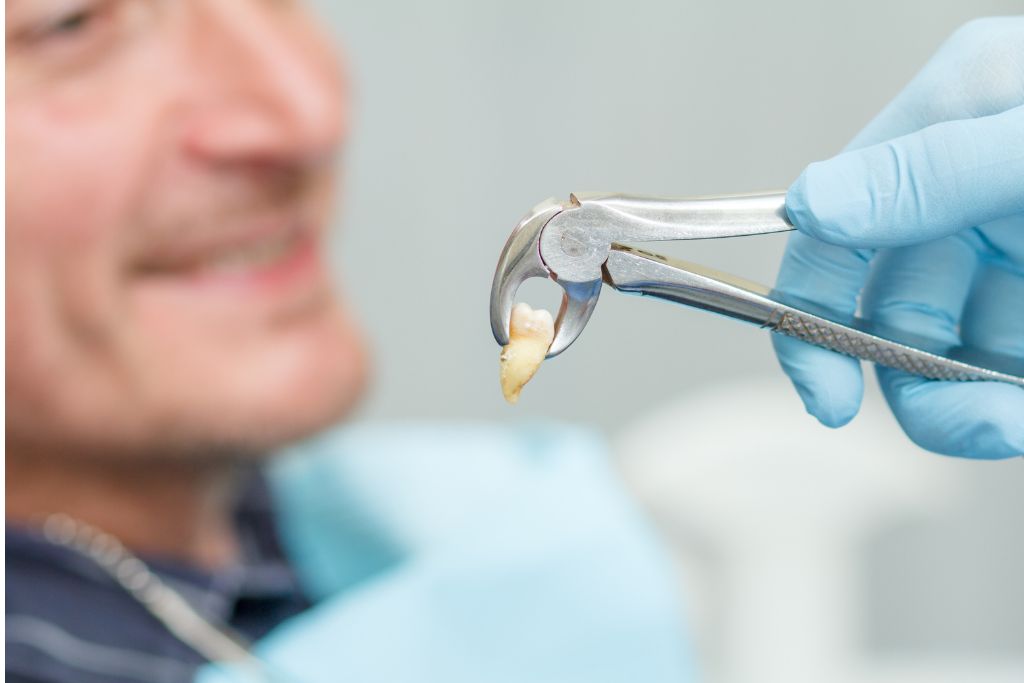Tooth extraction is a dental procedure whereby a tooth is forcefully removed from its socket and alveolus. This procedure is typically performed by a surgeon, but it can also be carried out by a periodontist or a general dentist, as it is a skill that dental providers are trained to perform.
Dentists aim to keep teeth intact whenever possible and explore other dental options before considering extraction.
Before removing a tooth, the dentist will thoroughly examine the mouth, gums, and teeth to determine if extraction is necessary. Whenever possible, the procedure should be painless, and the area around the tooth should be numbed.
Table of Contents
Types of Dental Extractions
Two Types of Extractions
There are two types of tooth extraction procedures: simple extraction and surgical extraction. Simple extraction is performed when the tooth is visible and only requires local anesthesia. Surgical extraction is necessary when the tooth is difficult to remove, such as when it has not fully erupted or has broken within the gumline. This procedure involves making an incision to elevate the soft tissue covering the tooth. In some cases, the tooth may need to be split into multiple pieces to make it easier to remove. Surgical extraction is typically performed under general anesthesia.
Tooth extraction is usually considered a last resort after exploring other dental solutions. Consulting with our oral surgeon can help determine whether extraction is necessary.
Why Do I Need An Extraction?
There are several reasons why a tooth may need to be extracted. Irreparable tooth damage caused by severe decay is one reason. If the decay has reached the pulp and caused an infection, a root canal may be possible. However, if the infection is severe, extraction may be necessary to prevent it from spreading.
Periodontal disease is another reason for extraction. This disease attacks the alveolar bone, periodontal ligaments, and gums surrounding a tooth. Gingivitis is an early sign of periodontal disease, but if it progresses to affect the alveolar bone and periodontal ligaments, tooth extraction may be necessary.
Finally, tooth extraction may be required for impacted teeth. An impacted tooth is one that has failed to come out, typically wisdom teeth. Extraction may be recommended to prevent the impacted tooth from affecting adjacent teeth and reducing the risk of infection or overcrowding.
Contact us or call (323) 612-1201 today for a consultation.






